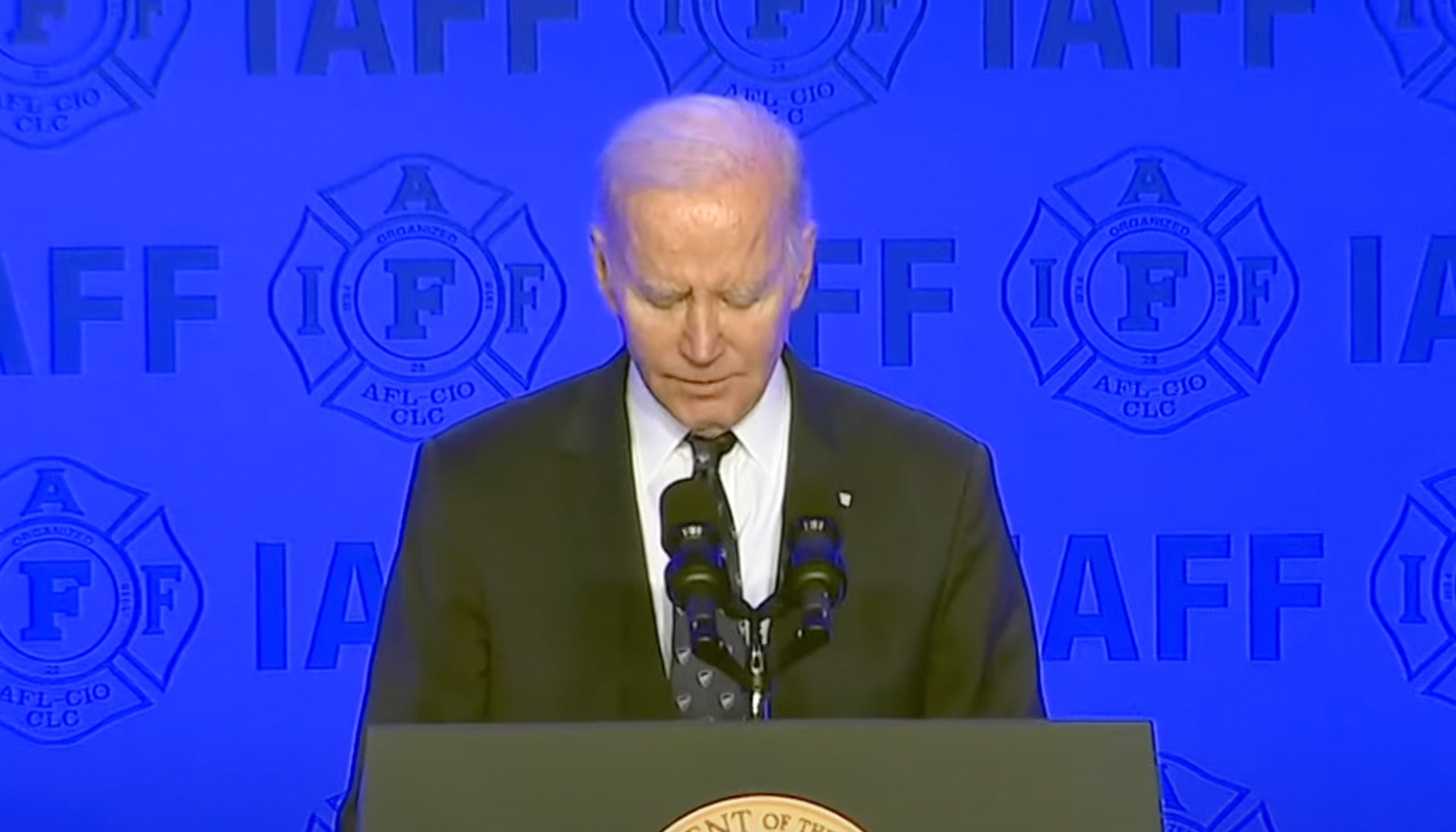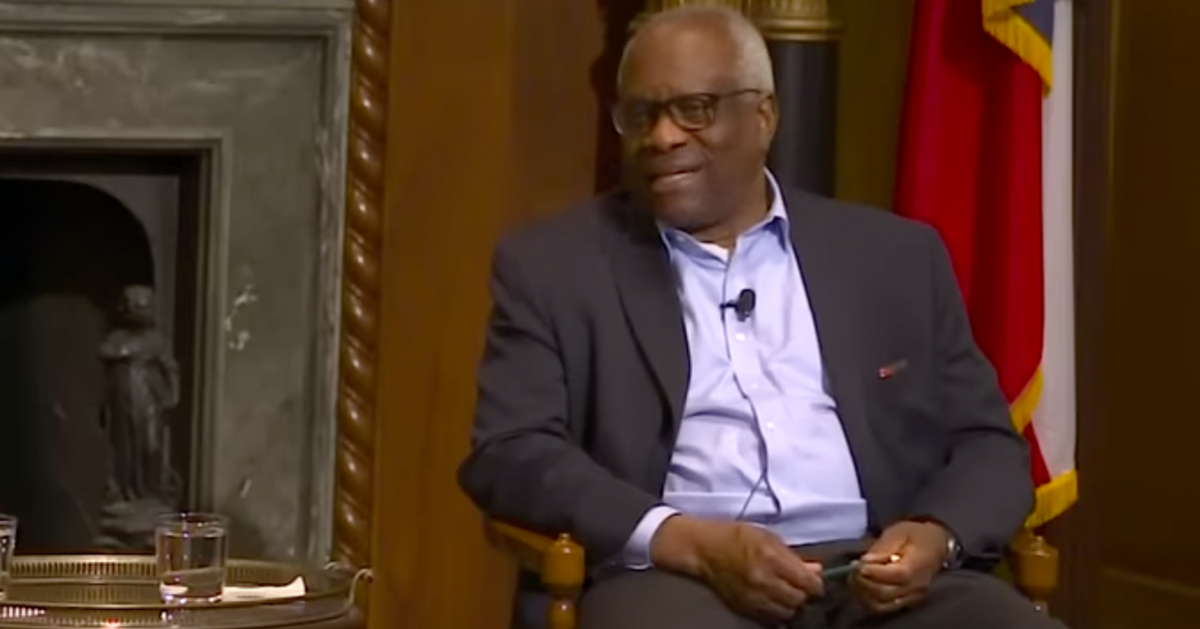Man Receives 7.5-Year Sentence for Wisconsin Pro-Life Group Firebombing
In a decisive court ruling, Hridindu Sankar Roychowdhury has been sentenced to 7.5 years in federal prison for a violent attack on a pro-life organization in Wisconsin.
In May 2022, Roychowdhury firebombed the headquarters of Wisconsin Family Action, spurred by the Supreme Court's Dobbs decision leak, as Breitbart reports, and he is now reaping the consequences of those actions.
The incident occurred at the offices of Wisconsin Family Action in the early morning of May 8, 2022. This attack came in the wake of the leaked draft of the Supreme Court's decision concerning abortion rights, which sparked a series of assaults on pro-life entities across the nation.
Investigators found remnants of two mason jars and threats spray-painted at the site. The phrases included “If abortions aren’t safe then you aren’t either” and symbols linked to anti-police sentiment, marking a deliberate attempt to intimidate. Through meticulous forensic analysis, law enforcement connected Roychowdhury to the crime. DNA evidence was recovered from a partially consumed burrito he discarded near the scene, leading to his eventual capture.
From Plea to Sentencing: The Legal Journey
Roychowdhury was arrested in March 2023 at Boston Logan International Airport as he was about to board a flight to Guatemala City. He was subsequently charged with attempting to cause damage by means of fire or an explosive, a serious federal offense reflecting the gravity of his actions.
On Nov. 20, Roychowdhury entered a plea agreement, acknowledging his involvement in the attack. This agreement was crucial in reducing the potential maximum sentence he faced, which could have been significantly longer.
The court's decision last week to sentence him to 7.5 years, however, fell short of the expectations set by both the prosecution and Wisconsin Family Action. The restitution ordered amounted to $32,000, with an additional three years of supervised release following his prison term.
Community and Law Enforcement Reactions
Julaine Appling, president emeritus of Wisconsin Family Action, expressed her dissatisfaction with the sentencing, noting that the prosecution had recommended 12 to 15 years of imprisonment. She highlighted the severity of the crime, which the judge himself referred to as ‘terrorism’ during the trial.
FBI Deputy Director Paul Abbate emphasized the commitment of federal agencies to countering politically motivated violence. He stated that the FBI would continue to use all available resources to pursue individuals who resort to violence to express their views.
ATF Director Stephen Dettelbach also commented on the case, condemning the firebombing as an act of terror and an affront to American values. He reinforced that such criminal activities, driven by ideological beliefs, would not be tolerated in a lawful society.
Understanding the Impact of Political Violence
The attack on Wisconsin Family Action is part of a troubling trend of violence aimed at organizations involved in the abortion debate. This incident underscores the broader societal challenge of addressing and mitigating politically motivated violence.
Law enforcement agencies like the FBI and ATF have been clear in their stance against using violence as a means of political expression. Their ongoing efforts to bring perpetrators to justice are crucial in maintaining public safety and order.
The case also raises important questions about the balance between free expression and the prevention of violence. Ensuring that individuals do not use harm as a tool to further their ideological agendas remains a top priority for both the community and law enforcement officials.
The Road Ahead: Security and Prevention
Following the incident, there have been calls for increased security measures at organizations potentially at risk of similar attacks. The need for better protection and preparedness against acts of domestic terrorism has become more apparent.
Dialogue and education about the implications of such violence and the importance of resolving conflicts through non-violent means are also seen as key to preventing future incidents.
As the community and law enforcement reflect on this case, the focus remains on healing, prevention, and the reinforcement of a societal norm against violence in political expression.
In conclusion, the sentencing of Hridindu Sankar Roychowdhury marks a significant moment in the ongoing debate over abortion rights and the acceptable limits of political protest. While the judicial outcome has not satisfied all parties, it serves as a reminder of the consequences of using violence to advocate for political change. The broader implications for security, law enforcement, and community relations continue to evolve as society grapples with these complex issues.






